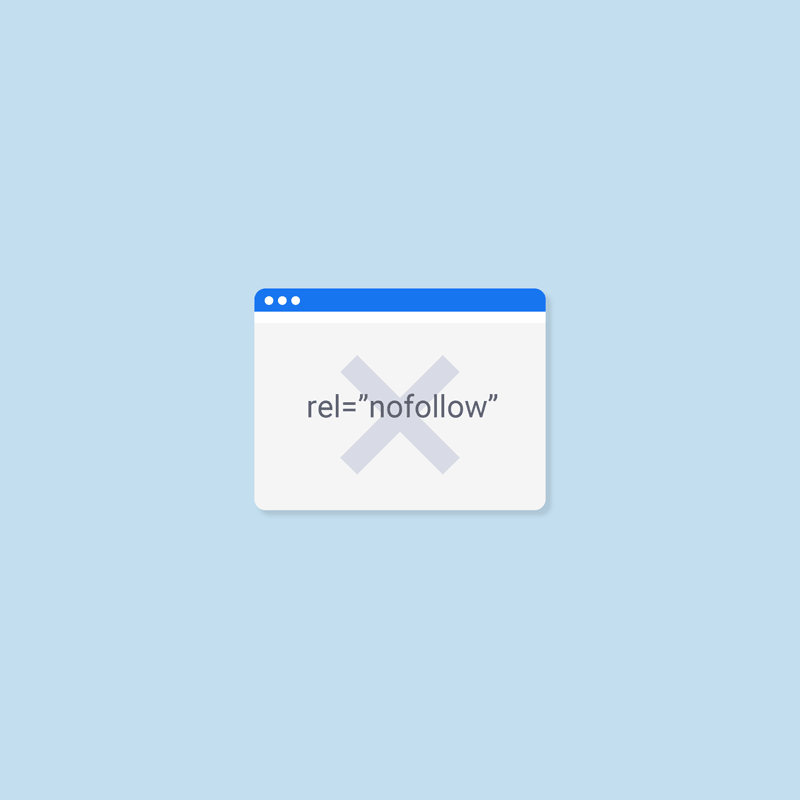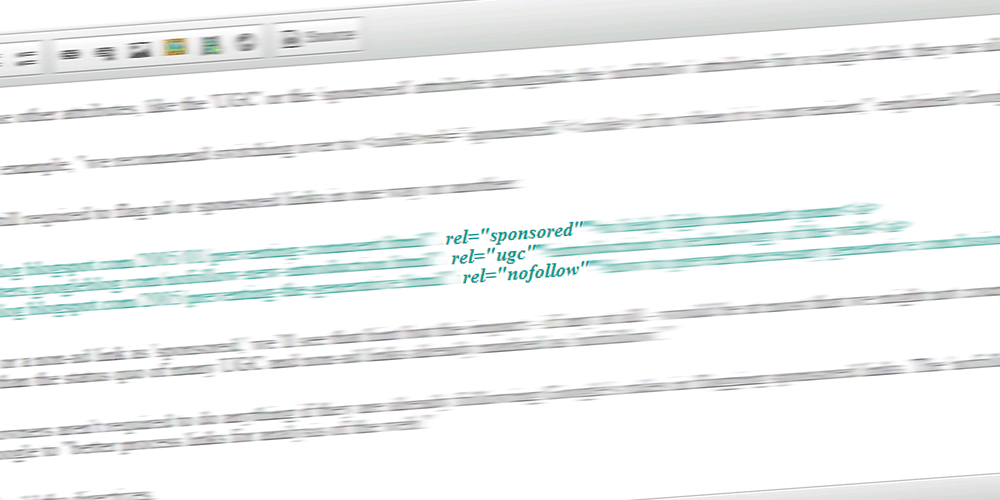
Not many people know that the 'nofollow' tag was first announced back in 2005. Almost a decade and a half later, in 2019, Google is evolving it.
This 'nofollow' tag was introduced as a way to help fight comment spam. Since then, it became one of Google's recommended methods for flagging advertising-related or sponsored links.
But the modern web isn't the web years ago. Because it evolves, so should the tags.
So rather than considering the attribute a directive for ranking purposes, Google wants it to simply be a "hint" for its search engine crawlers.
In addition, according to Google in its Webmaster blog post, it is also adding two more link attributes, in addition to the 'nofollow', to provide a bit more context about the content people are linking to.
- rel="sponsored": The sponsored attribute is to identify links on websites that were created as part of advertisements, sponsorships or other compensation agreements.
- rel="ugc": Stands for 'User Generated Content'. This attribute value is recommended for links within user generated content, such as comments and forum posts.
- rel="nofollow": This attribute is for cases where people want to link to a page, but don’t want to imply any type of endorsement, including passing along ranking credit to another page.
The tag 'nofollow' is a value assigned to the rel attribute of an HTML document's a element, originally meant to instruct search engines that the hyperlink should not influence the ranking of the link's target in the search engine's index.
With the change, all link attributes - 'sponsored', 'UGC' and 'nofollow' - are treated as hints about which links to consider or exclude within Search.
"We’ll use these hints - along with other signals - as a way to better understand how to appropriately analyze and use links within our systems," said Google.
And answering whether Google won't completely ignore such links, as had been with the case with 'nofollow', Google explained that "links contain valuable information that can help us improve search, such as how the words within links describe content they point at."
By analyzing all the links Google encounters, its crawlers can also help the search engine better understand unnatural linking patterns.
So by shifting to a hint model, Google no longer lose this important information, while still allowing site owners to indicate that some links shouldn’t be given the weight of a first-party endorsement.

The change doesn't really affect websites or require site owners intervention.
If websites are already using the 'nofollow' attribute as a way to block sponsored links, or to signal Google that the sites don't vouch for a page they are link to, Google will continue to support that attribute. "There’s absolutely no need to change any 'nofollow' links that you already have," explained Google.
"You can keep using 'nofollow' as a method for flagging such links to avoid possible link scheme penalties. You don't need to change any existing markup. If you have systems that append this to new links, they can continue to do so."
And if websites want to use other attributes, like the 'UGC' or the 'sponsored' attribute alongside the 'nofollow' attribute for a single link, they are allowed to do so.
If a link is 'sponsored' for example, "we recommend switching over to rel=”sponsored” if or when it is convenient," explained Google.
And if ever the case websites use the wrong attribute for a link, "there’s no wrong attribute except in the case of sponsored links," Google explained.
"If you flag a UGC link or a non-ad link as 'sponsored,' we’ll see that hint but the impact - if any at all - would be at most that we might not count the link as a credit for another page. In this regard, it’s no different than the status quo of many UGC and non-ad links already marked as 'nofollow'."
In general, websites are still required to flag ad or sponsored links in one way or another.
Website owners aren't required to do anything if they are already following Google's rules in flagging sponsored links. The 'nofollow', 'UGC' and 'sponsored' attributes are meant to be a way to allow Google to "better process links for analysis of the web."
Related: Google Wants To Stop Supporting 'Noindex', 'Nofollow' And 'Crawl-Delay' In Robots.Txt